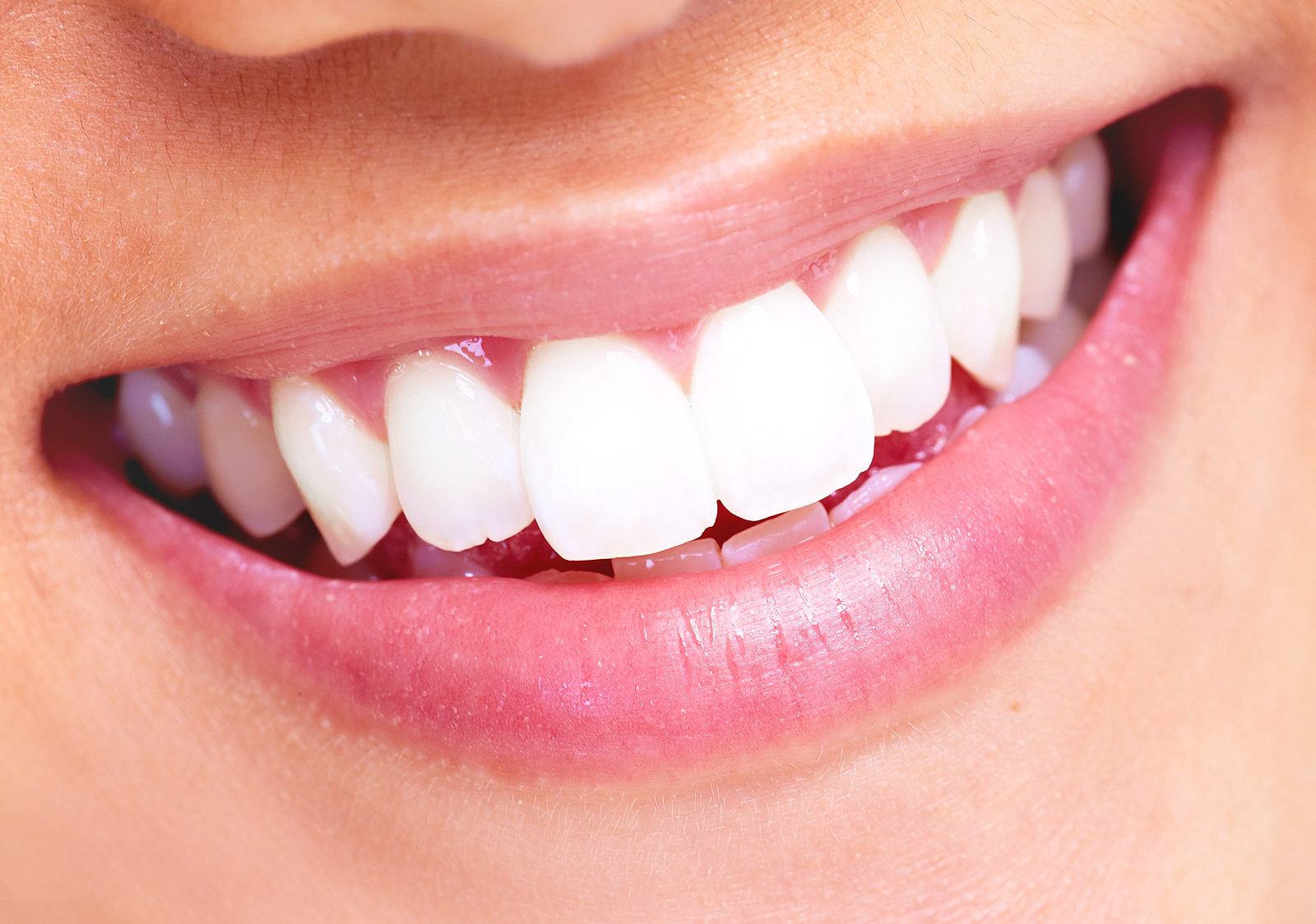Warning Signs of Gum Disease: When to See a Periodontist
Gum disease is often overlooked, but it can have serious implications for your oral health and overall wellbeing. Many people are unaware that their gums may be showing warning signs of a problem until it has progressed to a more severe stage. Understanding these early indicators can make all the difference in preserving not only your smile but also your health. If you live in Phoenix, AZ, knowing when to seek periodontal treatment can save you from discomfort and costly procedures later on. Let’s delve into the world of gum disease—what causes it, how to spot its warning signs, and why taking action sooner rather than later is essential for maintaining healthy gums.
Understanding Gum Disease and Its Causes
Gum disease, also known as periodontal disease, begins with inflammation of the gums. This often occurs due to plaque buildup—a sticky film of bacteria that forms on teeth.
When plaque isn’t removed through regular brushing and flossing, it hardens into tartar. Tartar can only be eliminated by a dental professional and serves as a breeding ground for harmful bacteria.
Several factors contribute to gum disease. Poor oral hygiene is the most common culprit, but genetics also play a significant role. Some individuals may be more predisposed based on their family history.
Lifestyle choices can exacerbate the issue too. Smoking, excessive alcohol consumption, and poor nutrition weaken your body’s defenses against infection.
Hormonal changes during pregnancy or menopause can make gums more sensitive and susceptible to disease. Understanding these causes helps in developing preventive measures tailored specifically for you.
Common Warning Signs of Gum Disease
Gum disease often goes unnoticed until it progresses. Being aware of the early signs can make a significant difference.
- One common warning sign is persistent bad breath, which isn’t just a result of what you eat. This odor may indicate bacteria buildup in your gums.
- Another red flag is bleeding during brushing or flossing. If your gums bleed regularly, it's time to pay attention.
- Swollen or tender gums are also concerning. Healthy gums should feel firm and appear pale pink, not inflamed or painful.
- Receding gum lines can signal advanced issues as well. When your teeth seem longer than before, this could mean that gum tissue is pulling away from them.
- Any changes in bite alignment should not be ignored. Shifting teeth may be an indication of underlying periodontal problems needing professional evaluation. Contact us to learn more.
When to See a Periodontist for Treatment
- Recognizing the right time to see a periodontist is crucial. If you notice persistent bad breath despite good oral hygiene, it’s a sign that something might be off.
- Gum swelling or redness shouldn’t be overlooked either. These symptoms often indicate inflammation that could escalate if not treated promptly.
- Another red flag is bleeding gums while brushing or flossing. This can signal gingivitis or more advanced gum disease.
- If your teeth appear loose or shifted, don’t wait for discomfort to prompt action. Loose teeth can lead to significant complications if left unaddressed.
- Regular check-ups with your dentist are essential, but when these warning signs arise, seeking specialized periodontal treatment in Phoenix, AZ, becomes increasingly important for maintaining healthy gums and preventing further damage.
The Importance of Early Detection and Treatment
Early detection of gum disease is crucial for maintaining oral health. The sooner you identify the problem, the easier it is to manage.
Untreated gum disease can progress quickly. What starts as mild inflammation can lead to more severe complications, including tooth loss and bone damage. Regular check-ups allow dental professionals to spot issues before they escalate.
Timely treatment not only saves your teeth but also helps avoid costly procedures down the line. Non-invasive treatments are often effective when caught early.
Moreover, addressing gum disease promptly contributes to overall health. Research has linked periodontal issues with conditions such as heart disease and diabetes. Taking action early minimizes these risks.
Don’t wait until symptoms worsen; proactive care makes a significant difference in outcomes. Prioritizing your gums today ensures a healthier tomorrow for both your mouth and body.
Tips for Maintaining Good Oral Hygiene
Maintaining good oral hygiene is essential for preventing gum disease.
- Start with a consistent routine. Brush your teeth twice daily using fluoride toothpaste.
- Don’t forget to floss! This simple step removes food particles and plaque from between your teeth where brushes can’t reach.
- Regular dental check-ups are crucial too. Aim for at least two visits each year. Your dentist in Phoenix, AZ can spot early signs of gum issues that you might miss.
- Consider mouthwash as part of your regimen. A therapeutic rinse can help reduce plaque and gingivitis, giving your gums an extra layer of protection.
- Stay hydrated throughout the day. Drinking water helps wash away food particles and keeps saliva flowing, which naturally protects against bacteria.
- Be mindful of what you eat. Incorporate plenty of fruits and vegetables while limiting sugary snacks that contribute to tooth decay and gum problems.
Lifestyle Changes to Prevent Gum Disease
Making simple lifestyle changes can significantly reduce your risk of gum disease. Start by prioritizing a balanced diet rich in fruits, vegetables, and whole grains. Foods high in vitamins C and D strengthen gums and help combat inflammation.
Quitting smoking is crucial as tobacco use greatly increases the likelihood of gum problems. If you smoke, seek support to quit; your oral health will benefit immensely.
Regular physical activity also plays a role. Exercise improves circulation, which helps deliver essential nutrients to your gums. Aim for at least 30 minutes most days of the week.
Stay hydrated too! Drinking plenty of water helps wash away food particles and bacteria that contribute to plaque buildup.
Manage stress effectively. Chronic stress can weaken your immune system, making it harder for your body to fight off infections like gum disease. Consider mindfulness practices or hobbies that relax you.
Conclusion: Taking Care of Your Gums for Better Overall Health
Taking care of your gums is essential for your overall health. Healthy gums play a crucial role in preventing various issues, not just within your mouth but throughout your body as well. By recognizing the warning signs of gum disease early, you can seek appropriate periodontal treatment in Phoenix, AZ, and avoid more serious complications down the road.
Maintaining good oral hygiene practices daily will help keep gum disease at bay. Regular dental check-ups are vital to catch any potential problems early on. Additionally, making lifestyle changes such as quitting smoking, eating a balanced diet rich in vitamins and minerals, and managing stress levels can significantly improve gum health.
Remember that prevention is always better than cure. Prioritizing your oral hygiene today sets the stage for healthier gums tomorrow. Taking these proactive steps ensures that you enjoy not only a beautiful smile but also an enhanced quality of life free from the burden of gum disease-related issues. Your gums deserve attention; they contribute tremendously to your overall wellbeing.
At Biltmore Commons Dental Care, we strive to provide each of our patients with a positive and relaxing experience. If you're ready to experience the best dental care, please contact dentist in Phoenix, AZ at (602) 249-2227 or visit us at 1277 E Missouri Ave Ste 217 Phoenix, AZ 85014.






















0 comments